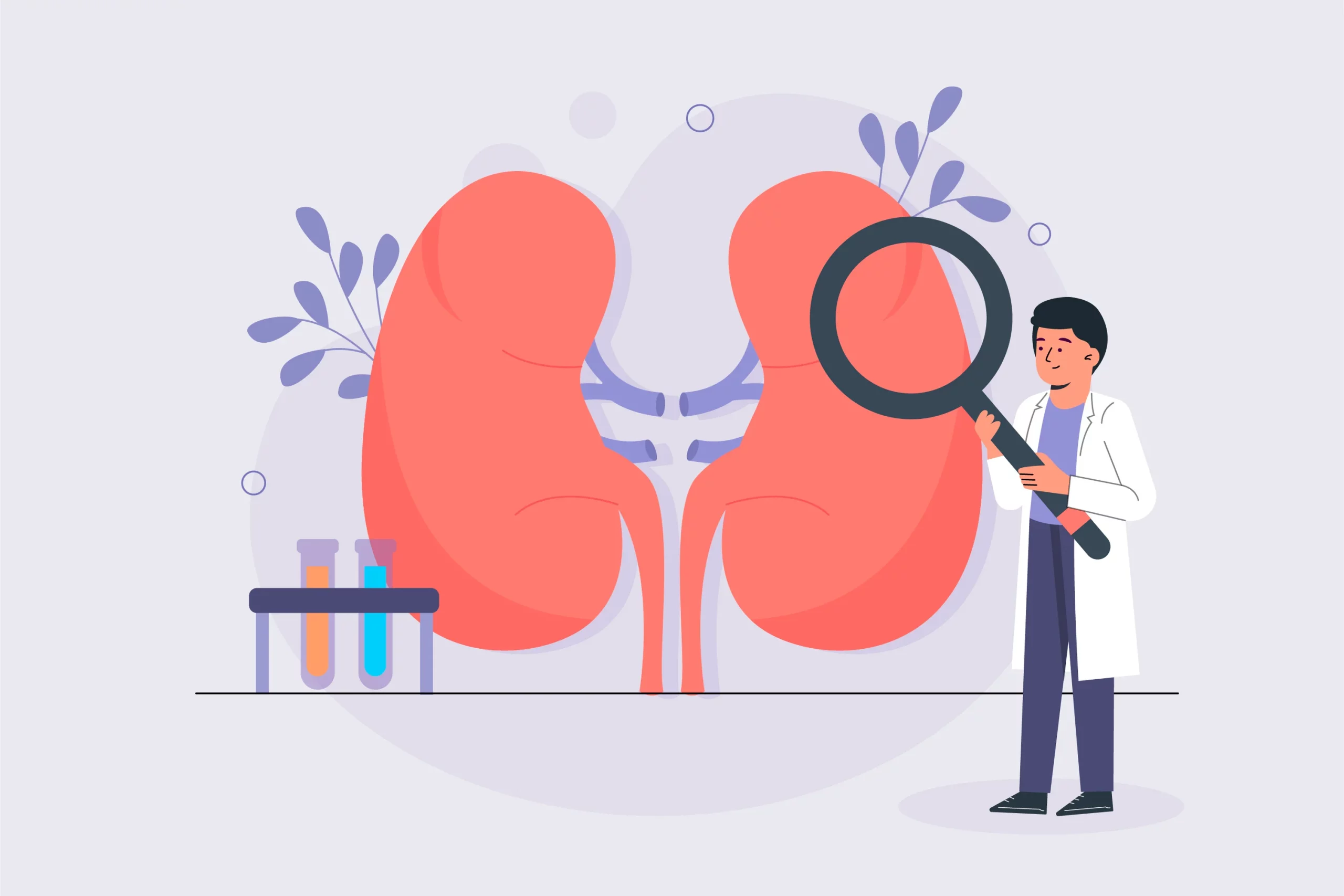In a robust society, the well-being and health needs of citizens, particularly marginalized groups, are of utmost priority. Unfortunately, individuals living with lower socioeconomic status often face not just health challenges but also unaddressed social necessities that exacerbate their conditions. A qualitative research study recently published in the American Journal of Kidney Diseases (DOI: 10.1053/j.ajkd.2023.11.005) sheds light on the consequences of such disparities, specifically among patients undergoing hemodialysis treatment.
The Unseen Burden of Kidney Failure
The research conducted in Austin, Texas, highlighted that kidney failure, a condition that affects millions of Americans, does not occur in isolation. The study involved semi-structured interviews with 32 individuals receiving hemodialysis at three facilities. Overwhelmingly, the interviewees believed their kidney failure was an unexpected life event, with many not entirely understanding their dialysis treatment. The study underscores the profound ill-preparedness among patients for the life-altering changes brought on by kidney disease.
Health Care Providers: A Disconnect with Patients
Participants’ narratives suggest a concerning trend where patients feel let down by their health care providers. Claims that “doctors did not act” or “doctors do not care” points to a crisis of trust and communication between patients and medical practitioners. This perceived indifference can foster feelings of neglect and further social alienation among those already marginalized.
The Suffering Beyond Dialysis
For many, the reality of dialysis encompasses physical discomfort, emotional distress, and an all-consuming schedule that disrupts regular life. With dialysis treatments, there is a shared sentiment among patients—dialysis not only causes suffering but also reinforces a sense of powerlessness: an inability to alter their new reality, which is now defined by their dependency on medical intervention.
Financial Strain and Inconsistent Support
Financial hardship is a significant theme in the study. Patients reported how dialysis made them “poor and keeps you poor.” Disability checks fail to cover living expenses, and while food programs provide some relief, their inconsistent nature often results in compromised diets. Scarce affordable housing options and unstable housing situations contribute to worsening health and well-being, making clear the intersectionality of social determinants and patient health outcomes.
The Resilience of the Human Spirit
Despite the onslaught of challenges, a beacon of hope shines through in patients’ motivation to persevere. The study documents the reliance on faith, the strength drawn from loved ones, and an indomitable will to live as critical sources of resilience amid adversity.
A Call for Practical and Empathetic Interventions
The research concludes with patients’ suggestions for interventions. They call for strategies that enhance self-efficacy through navigating community resources and creating support groups. It’s about empowering patients to take charge of their lives within the confines of their disease and enabling access to essential resources that mitigate the social implications of their health-related experiences.
Implications for Policy and Practice
Although the study is limited by its qualitative nature and geographic concentration, the insights gained offer valuable guidance for policymakers, healthcare providers, and community organizations striving to improve the health outcomes of individuals undergoing hemodialysis, especially those from low socioeconomic backgrounds. Addressing the social needs highlighted could not only improve patient quality of life but also potentially alleviate the healthcare system overload by reducing preventable hospital admissions and length of stay.
Future Research and Actions
The authors advocate for the expansion of research efforts to include quantitative measures and a wider geographic scope to better understand the breadth and depth of the issue. Such research could inform the design of targeted, multidisciplinary interventions encompassing medical treatment, social work, and community support.
References
1. Novick, T.K., Osuna, M., Emery, C., Barrios, F., Ramirez, D., Crews, D.C., & Jacobs, E.A. (2024). Patients’ Perspectives on Health-Related Social Needs and Recommendations for Interventions: A Qualitative Study. American Journal of Kidney Diseases.
2. [DOI: 10.1053/j.ajkd.2023.11.005]
3. Crews, D.C., Novick, T.K. (2020). Social determinants of CKD hotspots. Semin Nephrol, 40(3), 267-277.
4. National Kidney Foundation. (2019). Social issues of kidney patients. [https://www.kidney.org/atoz/content/socialissues](https://www.kidney.org/atoz/content/socialissues)
5. Nicholas, S.B., Kalantar-Zadeh, K., & Norris, K.C. (2015). Socioeconomic disparities in chronic kidney disease. Adv Chronic Kidney Dis, 22(1), 6-15.
Keywords
1. Health-Related Social Needs Hemodialysis
2. Kidney Failure Socioeconomic Status
3. Patient Perspectives Dialysis
4. Interventions Chronic Kidney Disease
5. Dialysis Related Stress Coping
The richness of data emerging from this study holds the promise of forging renewed pathways in patient-centered care. By recognizing the unmet health-related social needs as a critical dimension of patient health, the medical community and the society at large can take a holistic approach to care—one that transcends the physical aspects and embraces the social fabric of patient lives.
